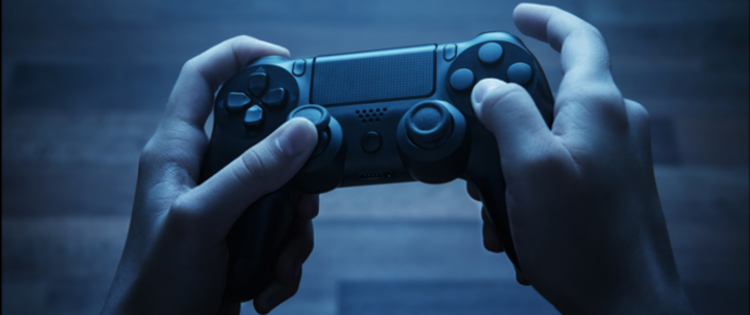
Are there physical effects of excessive screen time that are not related to weight?
Are there physical effects of excessive screen time that are not related to weight? https://mediatrics.com/wp-content/uploads/2014/07/teen-lit-by-laptop-in-dark-night-250p.jpg 750 250 Mediatrics Mediatrics https://mediatrics.com/wp-content/uploads/2014/07/teen-lit-by-laptop-in-dark-night-250p.jpgQ: While obesity is a critically important issue, I think there are other consequences of excessive screen time that are being overlooked—some parents might even think that there isn’t a problem with their child’s screen time if their child isn’t overweight. As a parent of a slim boy who loves to spend many hours in front of screens—programming and such—I am very concerned about the developmental impact of limited physical activity. How can excessive screen time and limited physical activity affect brain processes (motion sickness, headaches, etc.), limb pain, posture, and other aspects of physical development (bones, muscles, coordination, vision)?
– Sitting Not-So-Pretty, USA
A: Dear Sitting,
You correctly identify some of the limitations in the conversation—and the research—on media and children’s physical health. The focus on childhood obesity is partly due to the fact that, in parallel with the exponential increase in electronic screens and children’s screen time, obesity rates have risen dramatically in America to the point where today nearly 1 out of every three children and teens is overweight. Because of the many physical and mental problems associated with childhood obesity, substantial funds are being made available to study it. But there’s not as much public concern and thus not as much funding available to support research into many other physical health issues that may be associated with excessive screen time.
That said, there is research showing that some kinds of media use can affect children’s physical health in several direct ways. For example, some children experience motion sickness while playing video games. Some report neck and shoulder pain associated with screen time activities or thumb or elbow inflammation with mobile device use. Because muscles and bones are strengthened with use, prolonged physically inactive screen time is has been associated with lower bone density and poorer muscle development in young children. Finally, staring at a screen (or at anything) for extended periods of time can result in eyestrain.
Programming is fun and a valuable tool for your son’s future, but what will help build a strong body and a smarter, more inquisitive and creative mind is a rich and diverse menu of experiences. To help make sure that media time improves and doesn’t detract from his health, help your son balance it with the other parts of his life. Provide him with a choice of fun and engaging physical, educational, and social activities. If he does not choose one or more, turning back to his screen, you may need, as a committed and connected parent of the Digital Age, to limit the amount of time he spends with media so he has time to engage in other activities, like daily physical exercise (outdoors if possible, to reap the calming and centering effects the natural world can provide) adequate uninterrupted sleep (make sure you charge his mobile phone overnight), dedicated time with family and friends (a sit-down meal with family and no screens is the single most protective measure for his physical and mental health), and time for free play.
CMCH created our database of media effects research, in order to collect and provide direct access to the scientific research available from many disciplines on the wide range of physical, mental and social health effects of media use. If you are concerned about other specific areas of your son’s health and its relationship to his media use, start with a search in the Database of Research (soon to be relaunched as Mediatrics™) and speak to his pediatrician.
Enjoy your media and use them wisely,
~The Mediatrician®




